
“About 10% of the US population are true sugar addicts, according to Robert Lustig, professor of pediatrics and member of the Institute for Health Policy Studies at the University of California, San Francisco. What’s more, research suggests that sugar induces rewards and cravings that are similar in magnitude to those induced by addictive drugs.”
Read more here: http://www.cnn.com/…/hea…/sugar-detox-food-drayer/index.html
Just cutting out sugar can make a big difference in your health. Are there healthy meals that you love that that are sugar free? Share them with us here or on our Facebook page. We can’t wait to hear from you. https://www.facebook.com/AmeriBest/

#Ameribest #wearehereforyou #wearehiring #homecare#TakeCareofEachOther #homehealthcare #WaiverProgram#ElderCarePhiladelphia #CareforLovedOne #Homecarenurse#Choosecaregiver #PhysicalTherapy #OccupationalTherapy#Skillednursing #ApplyforHomeCarePhiladelphia#WorkforfamilyPhiladelphia


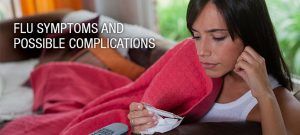

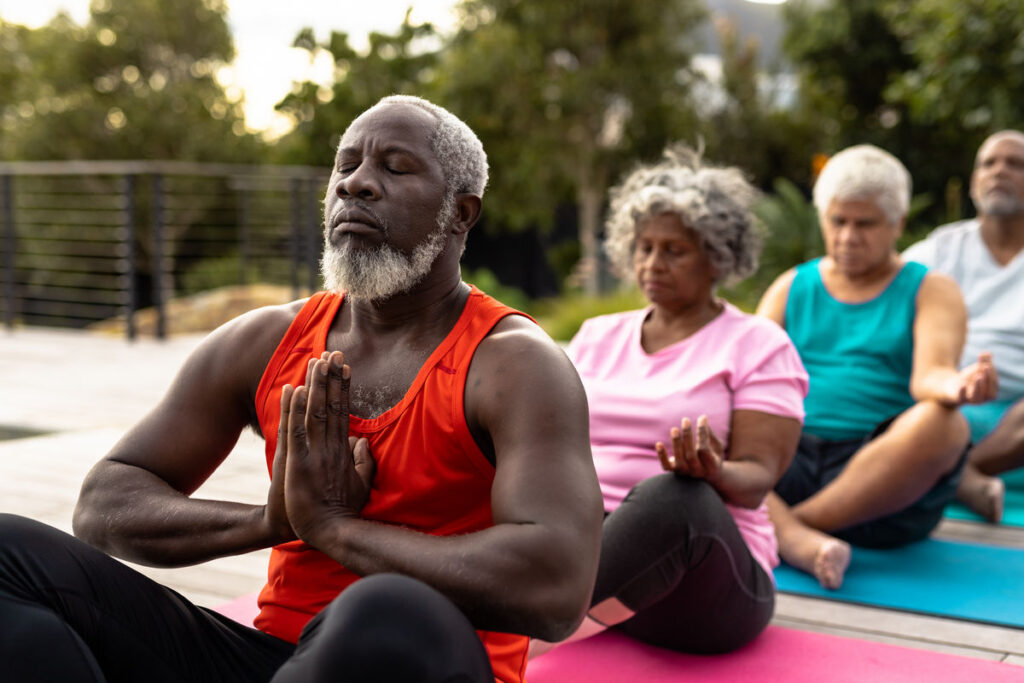


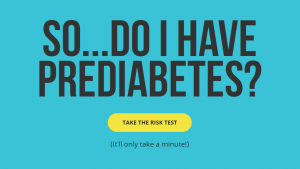
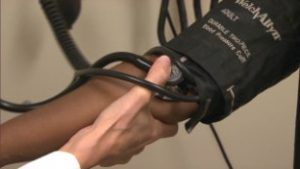
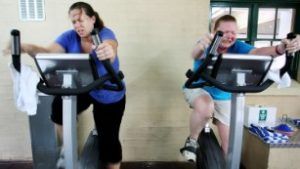 “Does sugar, which makes all things delicious, lead to cancer?
“Does sugar, which makes all things delicious, lead to cancer?